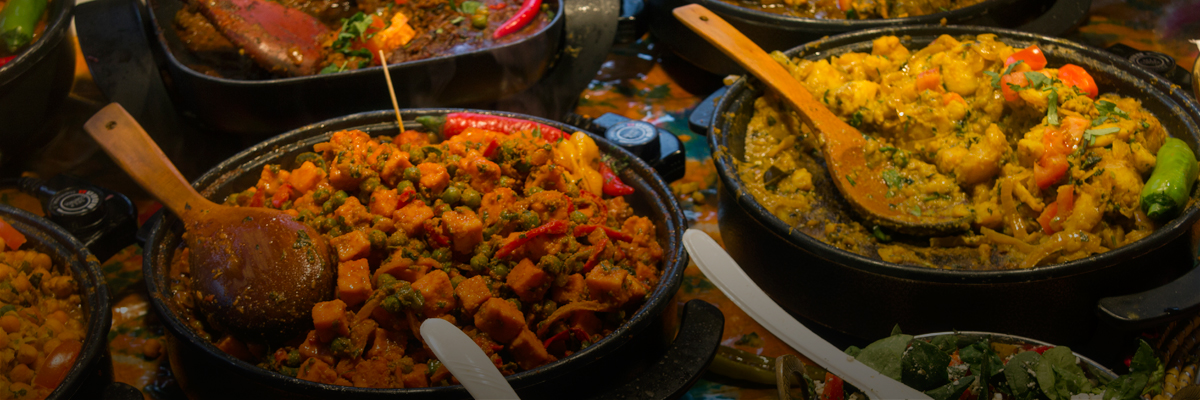Authors
The ready-made garment (RMG) industry is one of Bangladesh’s biggest sources of income, contributing up to 80 percent of foreign exports. The industry employs 4 million people, 80 percent of whom are women, in approximately 4,500 factories. Despite some improvements in female workers’ well-being since joining the formal workforce, the social and health conditions of these workers are far from optimal. These female workers, 60 percent of whom are 24 years old or younger, are particularly vulnerable to health issues related to malnutrition.
This situational analysis report presents an overview of the current practices in food and day-care-service provision in 15 RMG factories in Bangladesh. It is part of the operational research for the project “Improving Nutrition of Female Garment Industry Workers and their Children in Bangladesh,” which BSR is implementing in partnership with the Global Alliance for Improved Nutrition (GAIN).
Our findings indicated that female workers in the sampled factories had a below-average understanding of what constitutes a balanced diet, and there was a lack of diversity in the food they consumed. On the other hand, managers at factories that are currently providing food to workers pointed out the business benefits of such practices, including higher morale and lower worker turnover.
BSR’s latest sustainability insights and events straight to your inbox.
Topics
Collaborative Initiatives
Let’s talk about how BSR can help you to transform your business and achieve your sustainability goals.








